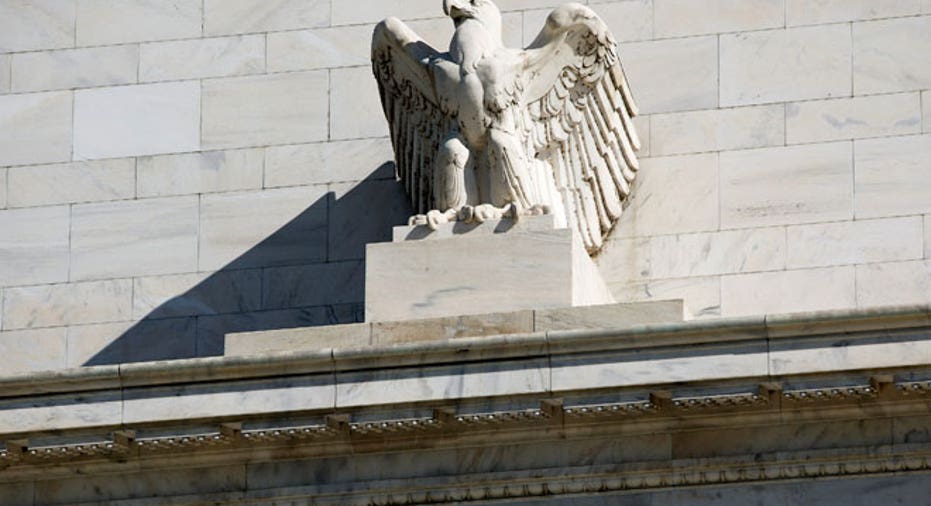FOMC Minutes Point to Worries Over Soft Inflation

Federal Reserve policy makers were confident last month that the economy was strong enough to begin scaling back the Fed’s bond purchasing program, believing a modest tapering of quantitative easing wouldn’t negatively impact mortgages and other long-term loans.
Meanwhile, an unusually low inflation rate was an increasing concern among the members of the policy-setting Federal Open Markets Committee, according to minutes of the FOMC’s December meeting.
“While deciding to modestly reduce its pace of purchases, the Committee emphasized that its holdings of longer-term securities were sizable and would still be increasing, which would promote a stronger economic recovery by maintaining downward pressure on longer-term interest rates, supporting mortgage markets, and helping to make broader financial conditions more accommodative,” the minutes state.
The Fed announced in December that it would begin reducing its asset purchases by $10 billion a month to $75 billion beginning in January.
The minutes indicate the central bank is increasingly concerned about inflation levels that are running well below the targeted 2% rate even as the U.S. economy recovers at a swifter pace. Despite all the Fed’s stimulus measures to pump cash into financial markets, inflation has been hovering at about 1% for months, stoking fears of deflation.
Those worries, along with the housing market’s unexpected sensitivity to rising interest rates, helped guide the Fed’s decision to begin winding down asset purchases slowly and add inflation as a key guidepost to its plans to eventually hike short-term interest rates.
Improvements in U.S. labor markets and the belief that that momentum would last was the primary factor in convincing monetary policy makers to begin scaling back their unprecedented easy money policies, put in place in the wake of the 2008 financial crisis.
One concern, however, was that markets would interpret a tapering of bond purchases, known as QE3 because it was the third such program initiated by the Fed since 2008, as a sign that the Fed was ready to pull back on stimulus altogether or more quickly than anticipated.
“As a consequence, many members judged that the Committee should proceed cautiously in taking its first action to reduce the pace of asset purchases and should indicate that further reductions would be undertaken in measured steps,” the minutes state.
The Fed also stressed that tapering was not on a “preset course.” In other words, the tapering policy going forward will be determined by economic data as it is released. So if labor markets strengthen considerably tapering might be accelerated and conversely if labor markets weaken tapering could be slowed.
The minutes also show that policy makers felt the bond purchases were having less of an effect on the economy and that maintaining the program at its current pace of $85 billion a month could provide an incentive for “excessive risk taking” which could lead to asset bubbles.
With regard to inflation, the Fed said some FOMC members felt it was important to convey the message that inflation will remain a key consideration as the Fed considers when to begin raising interest rates through its key fed funds rate. The rate banks lend to one another has been near zero since December of 2008.
FOMC members also debated whether to lower the 6.5% unemployment threshold established months ago for raising interest rates. Instead, the Fed made a point of articulating that interest rates will remain at their low levels well beyond the point at which unemployment hits that 6.5% threshold.
Unemployment currently stands at 7%, a five-year low, and each of the last two monthly job reports has shown an increase of 200,000 jobs. The December jobs report out Friday is expected to show an increase of 193,000. The unemployment rate is expected to hold steady at 7%.
The FOMC next meets on Jan. 28 and 29. It will be the last meeting at which Fed Chair Ben Bernanke will preside at the helm. Vice Chair Janet Yellen’s nomination to succeed Bernanke was approved by the Senate on Monday.



















